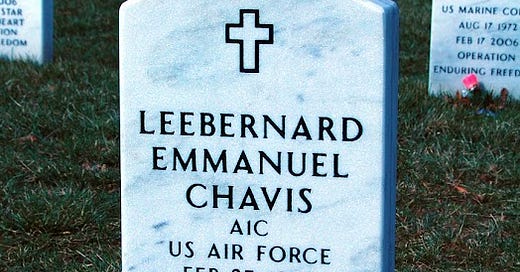My calendar is filled with death. Every month, I am reminded of a brother-in-arms who was killed defending a country that is often too self-absorbed to remember those who fought in their names.
August is a horrific month. I remember the screams of those we left behind—the Afghans who we discarded effortlessly …
Keep reading with a 7-day free trial
Subscribe to Grumpy Combat Veteran to keep reading this post and get 7 days of free access to the full post archives.



